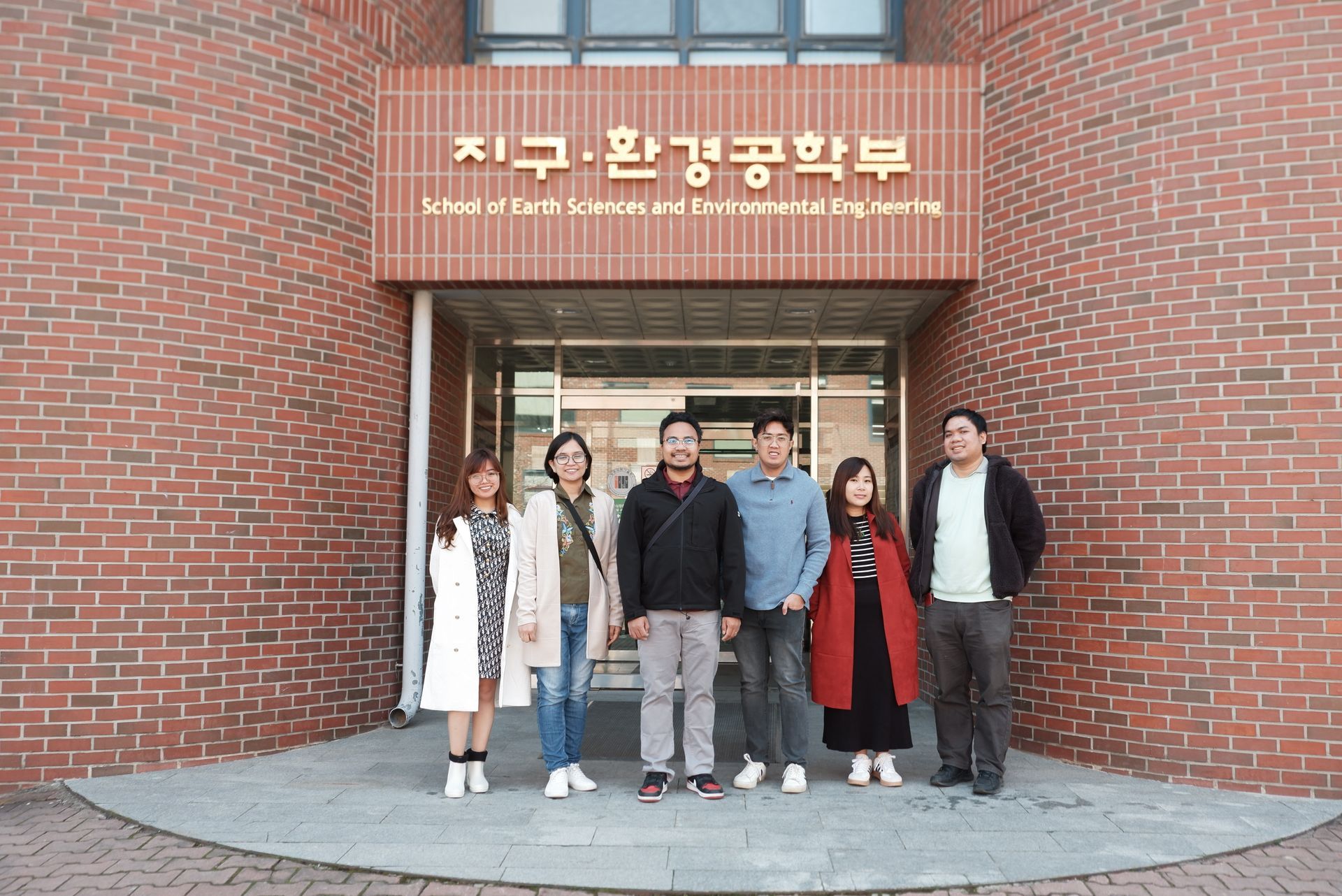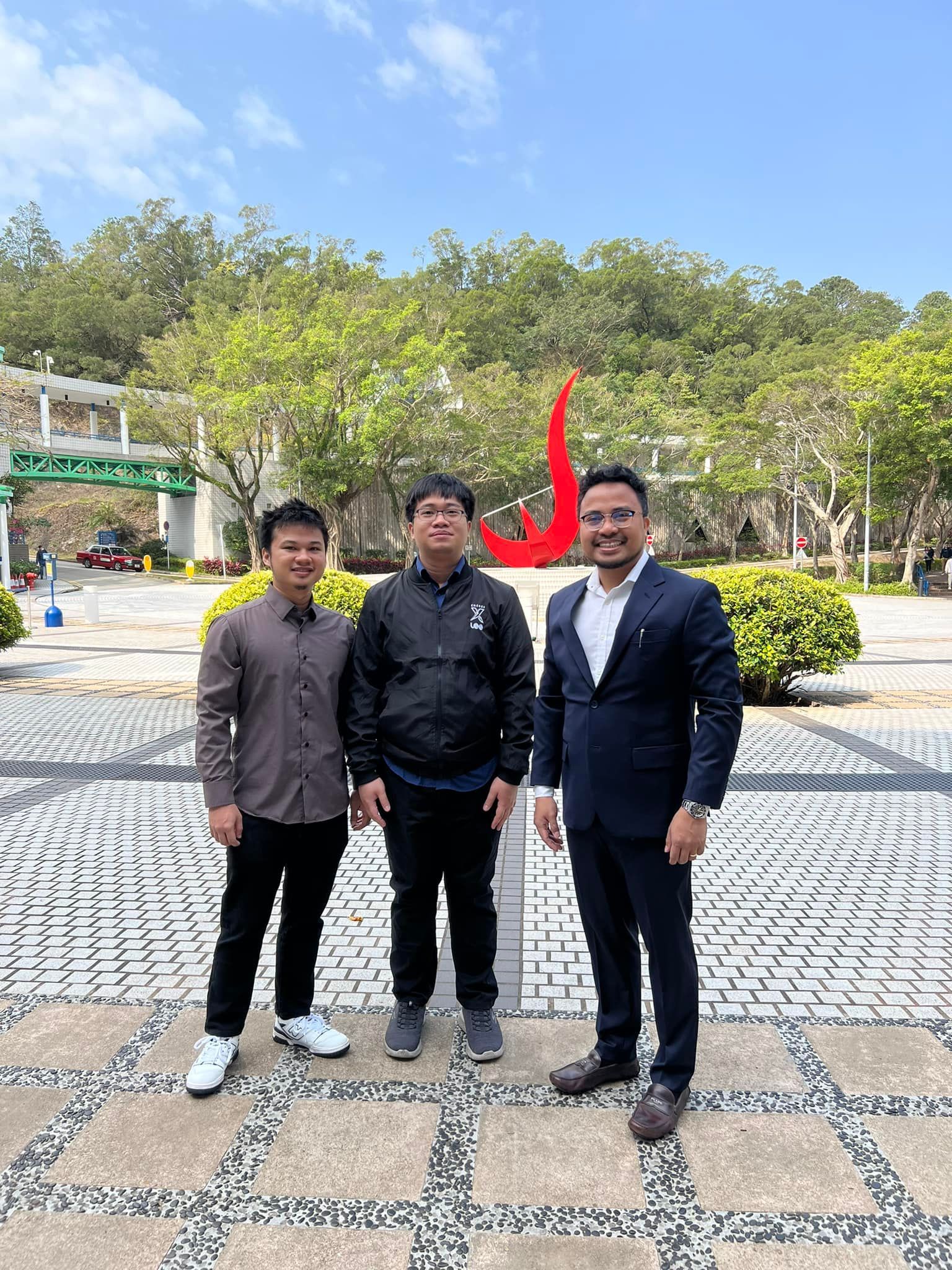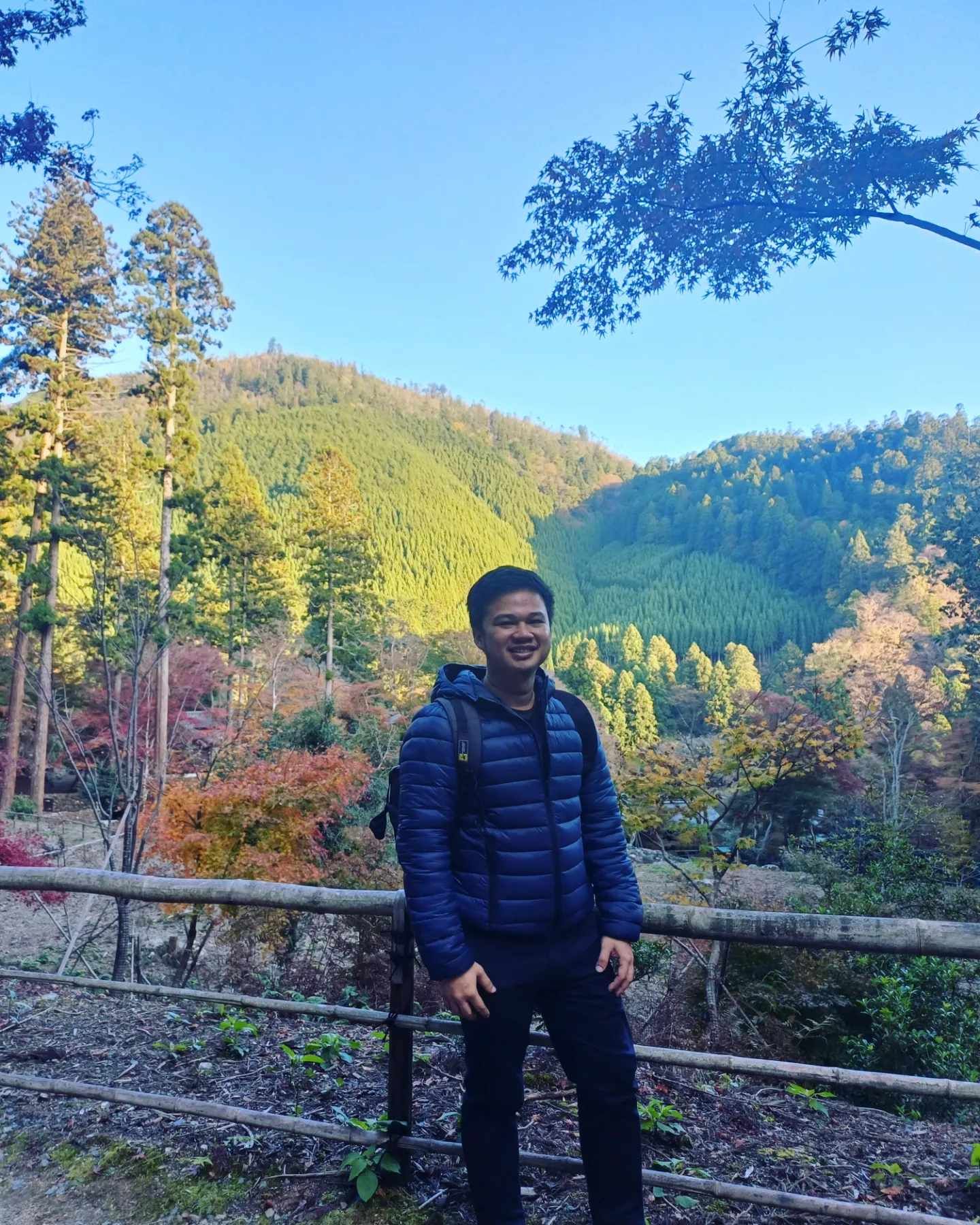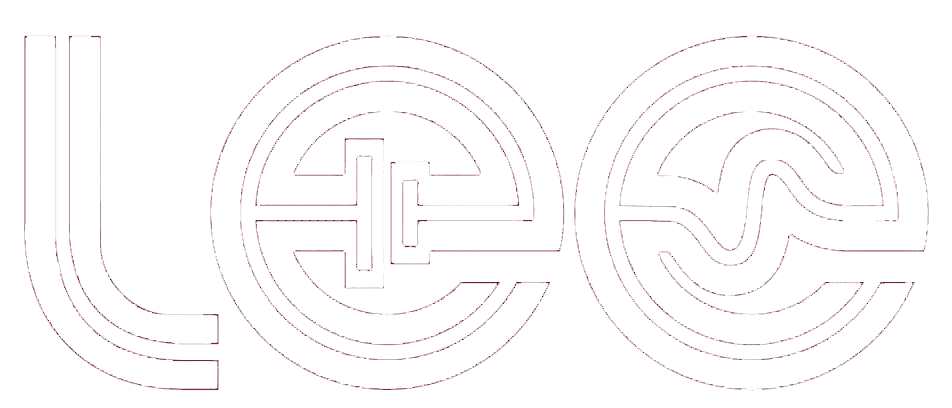LEE Holds Joint Workshop with Dr. Raymond Tan’s Laboratory at DLSU
The students of the Laboratory of Electrochemical Engineering (LEE), faculty members from the University of the Philippines Diliman (UP Diliman), together with students from other universities, attended the recently concluded Energy Forum by Dr. Raymond Tan from the Chemical Engineering Department of De La Salle University (DLSU) last November 20, 2017. Dr. Tan is a professor of Chemical Engineering and the Vice Chancellor for Research and Innovation of DLSU. He is among the top researchers of the country with more than 250 publications, multiple scientific awards, and memberships on different editorial boards of several journals. His specialization on Process Systems Engineering, Process Integration, and Input-Output modelling, and his knowledge on Energy Systems and Energy Efficiencies resulted to a synergistic output on the field of Energy Engineering.
The Energy Forum of Dr. Tan’s research group in collaboration with Dr. Joey Ocon of the Laboratory of Electrochemical Engineering provided research students a different perspective on achieving a sustainable energy for the future. The forum focused on optimizing energy efficiencies through the use of Mixed Integer Linear Programming on LINGO.
The forum introduced the concept and importance Energy Systems Modelling including recent research and developments by both DLSU and UP Diliman. These developments made by the two universities led to a discussion on future research collaborations towards energy sustainability using energy systems modelling. And to initiate the collaboration, Dr. Tan provided a tutorial session on the “Optimal Design of Polygeneration Systems via Mixed Integer Linear Programming”.
The collaboration initiated joint projects between UP Diliman and DLSU focusing on Energy Systems Modelling. One of these projects is the “Optimal Multi-Criteria Selection of Hybrid Energy Systems for Off-Grid Electrification Using Fuzzy Analytic Network Process and Island LCOE min Algorithm (ISLA Model)” by Marrod Cruz and Michael Castro of the Laboratory of Electrochemical Engineering. This forum thus served as a huge step towards energy sustainability in the Philippines.





